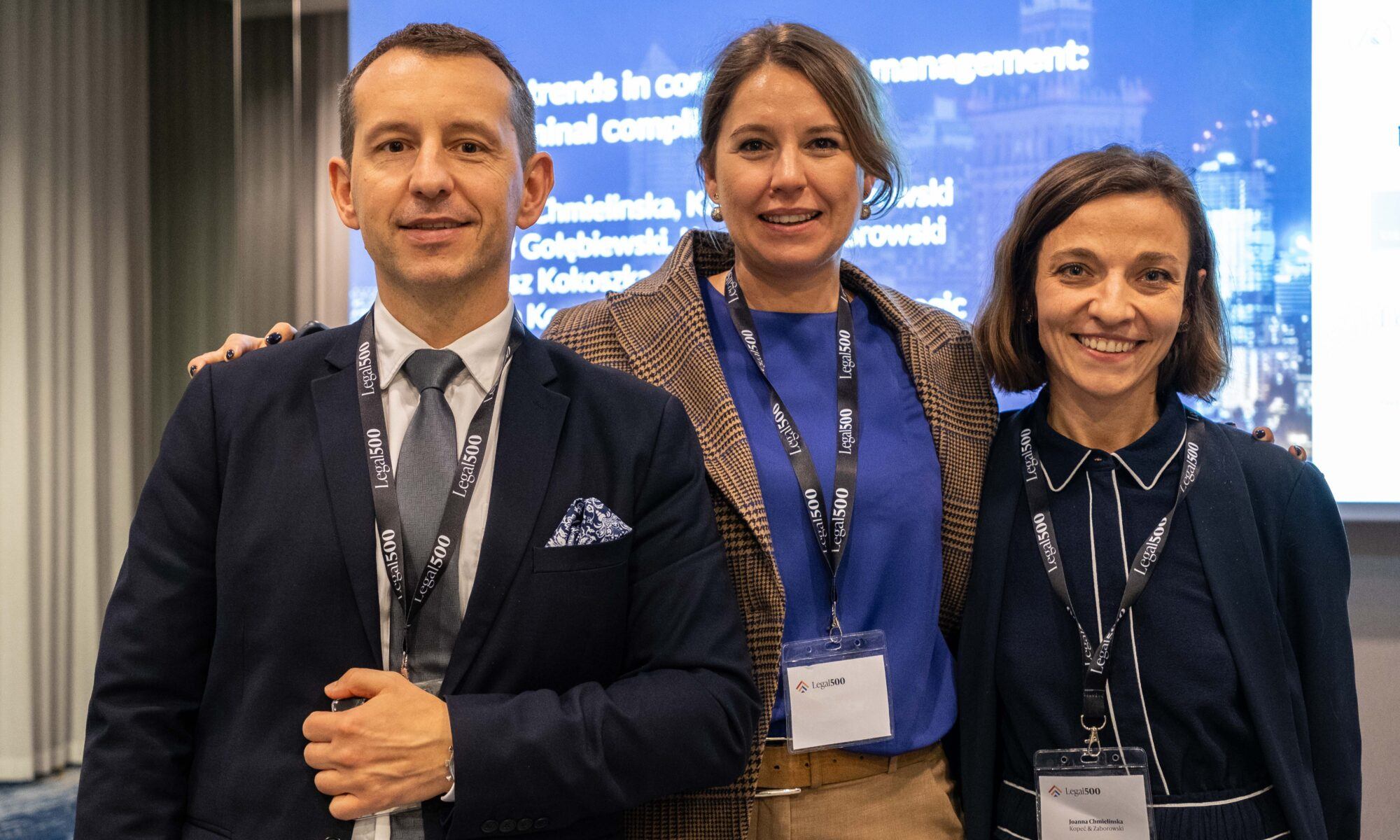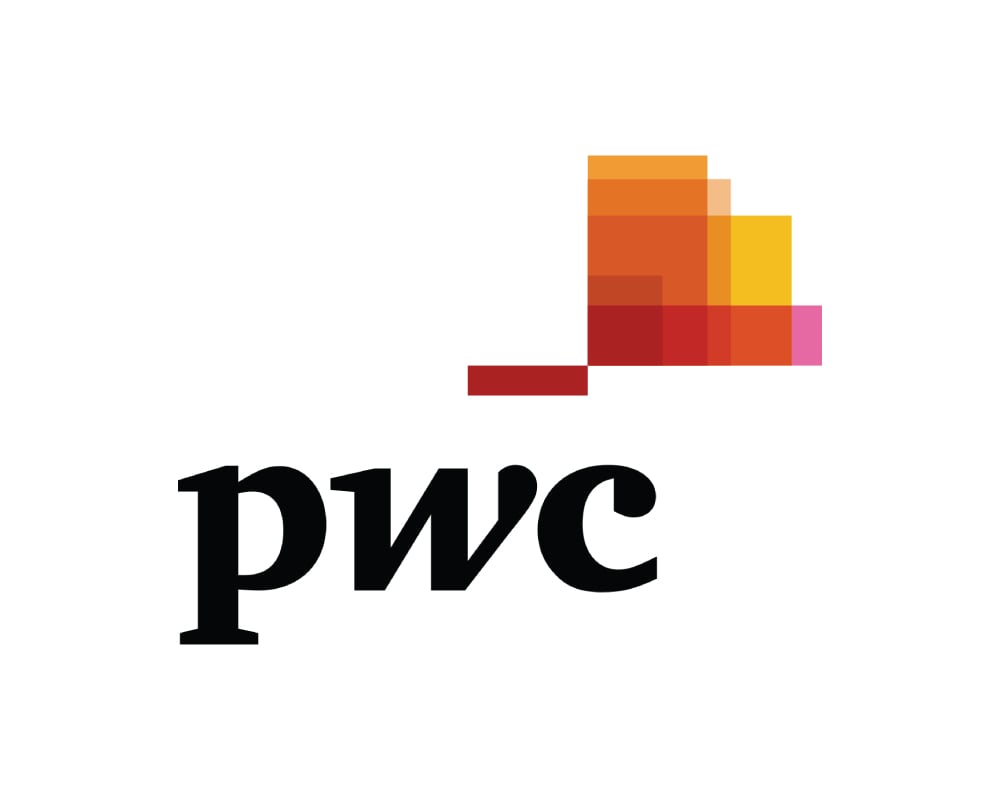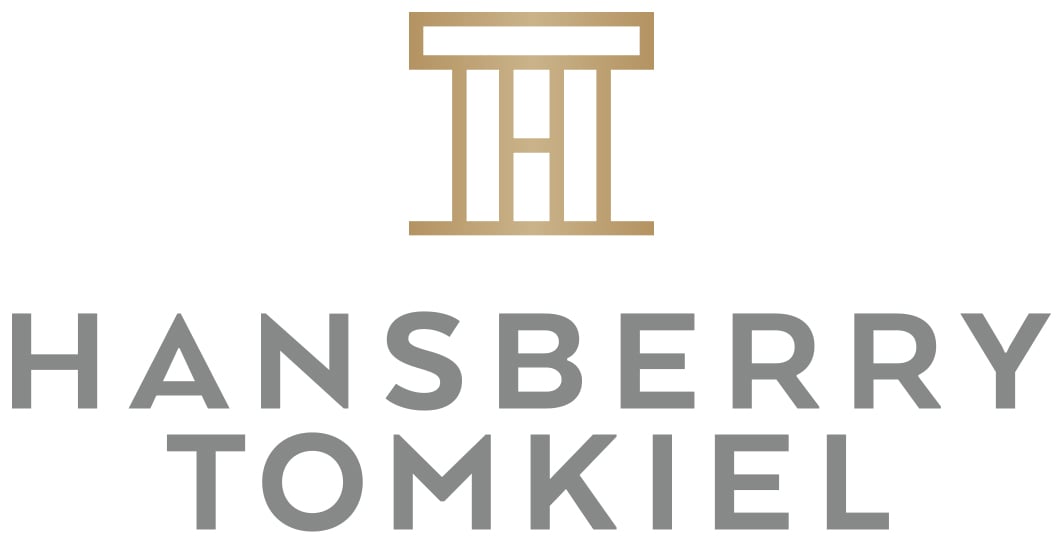Event Report
On October 28th, Legal 500 was thrilled to return to Warsaw to host the GC Summit: Poland 2024, our flagship conference-style event designed specifically for the country’s in-house legal community. Held at the Intercontinental Warsaw, the event gathered 80 attendees and featured partnerships with seven leading Polish law firms to cover some of the most pressing issues corporate counsel face today.
The conference began with a few welcoming words from Francisco Castro, The Legal 500’s editorial lead, who highlighted the significance of uniting the in-house community and collaborating with law firms to deliver content that speaks directly to their professional needs. Dorothy Hansberry-Bieguńska, partner at Hansberry Tomkiel, followed with some impressive opening remarks, underscoring the value of events like these in building a strong in-house legal network within Poland.
Greenberg Traurig organised the first panel, which addressed employment law, a crucial topic for Polish and international businesses alike. Led by Anna Hałas-Krawczyk, head of labour and employment at Greenberg Traurig, the discussion featured insights from Beata Górniak, chief people officer at Stock Spirits Group, Małgorzata Wojnowska, head of legal and compliance at Żabka Group, and Agnieszka Dzięgielewska-Jończyk, general counsel at Nordea, who shared perspectives on the challenges and practicalities involved in employment law, particularly the EU Pay Transparency Directive.
The second panel, also hosted by Greenberg Traurig, delved into the latest enforcement priorities from the Office of Competition and Consumer Protection (UOKiK), with a particular focus on labour markets and managerial liability. Moderated by Robert Gago, head of competition law at Greenberg Traurig, the session featured Justyna Nowaczyk-Kędziora, legal counsel at Animex Holding, and Joanna Urbańska-Łopatka, chief legal officer and board member at PIB Group Poland, offering in-depth analysis on how these changes impact businesses and managers alike.
A subsequent session, hosted in partnership with PwC Polska, began with an insightful presentation by Łukasz Łyczko, director at PwC Legal Polska. He was joined by Bartosz Bigaj, head of international affairs and Brussels office at PIU, and Krzysztof Semczuk, deputy general counsel at PKO, to discuss the regulatory changes poised to shape Poland’s financial market in the coming years.
Before the coffee break, a concise yet impactful panel on Artificial Intelligence brought together Aleksandra Auleytner, head of IP/TMT practice at Domanski Zakrzewski Palinka, Edoardo Raffiotta, professor and lawyer at LCA Studio Legale, and Damian Flisak from Blue Dragon Institute. They explored the newly adopted AI Act and its regulatory effects on AI development and use within both the European Union and Poland.
Following the break, the event continued with a session by Viroux & Partners, where Elżbieta Viroux-Benmansour, founding and managing partner, led a discussion on business sale readiness, exploring strategic reasons for selling, succession planning, and the critical role of legal support in seamless transitions. The panel featured perspectives from Iwona Pik, CEO of Polski Holding Rybny and Marcin Stoń, private equity and M&A practice leader at Marsh.
Kopeć & Zaborowski took the stage next, presenting a discussion on corporate risk management trends, including criminal compliance and ESG. Moderated by Joanna Chmielinska, head of business law, and Paweł Gołębiewski, head of international crime and foreign customer service practice, the panel included great contributions and interactions between guest speakers Tomasz Kokoszka, head of legal and compliance, Eastern Europe at Signify and Kamila Koszewicz-Grzeszczak, head of global compliance and privacy at GlobalLogic.
The final session, hosted by Hansberry Tomkiel, addressed the risks and challenges new technologies pose to consumer protection. Led by partners Małgorzata Krasnodębska-Tomkiel and Dorota Podsiedzik-Malec, this informal-style conversation emphasised the evolving responsibilities companies face as they adopt new digital tools.
The event concluded with closing remarks from Barbara Skardzińska, general counsel at PKP Polskie Linie Kolejowe, who reflected on the importance of community within Poland’s in-house legal sector, underscoring the collaborative and supportive spirit shared throughout the day.
In summary, the GC Summit: Poland 2024 proved to be a catalyst for advancing legal excellence, fostering business innovation, and cultivating meaningful connections within the legal and corporate sectors. The dialogue continued at a drinks and canapés reception, where attendees engaged in lively discussions, addressed lingering questions, and seized the opportunity to reconnect with their peers.







